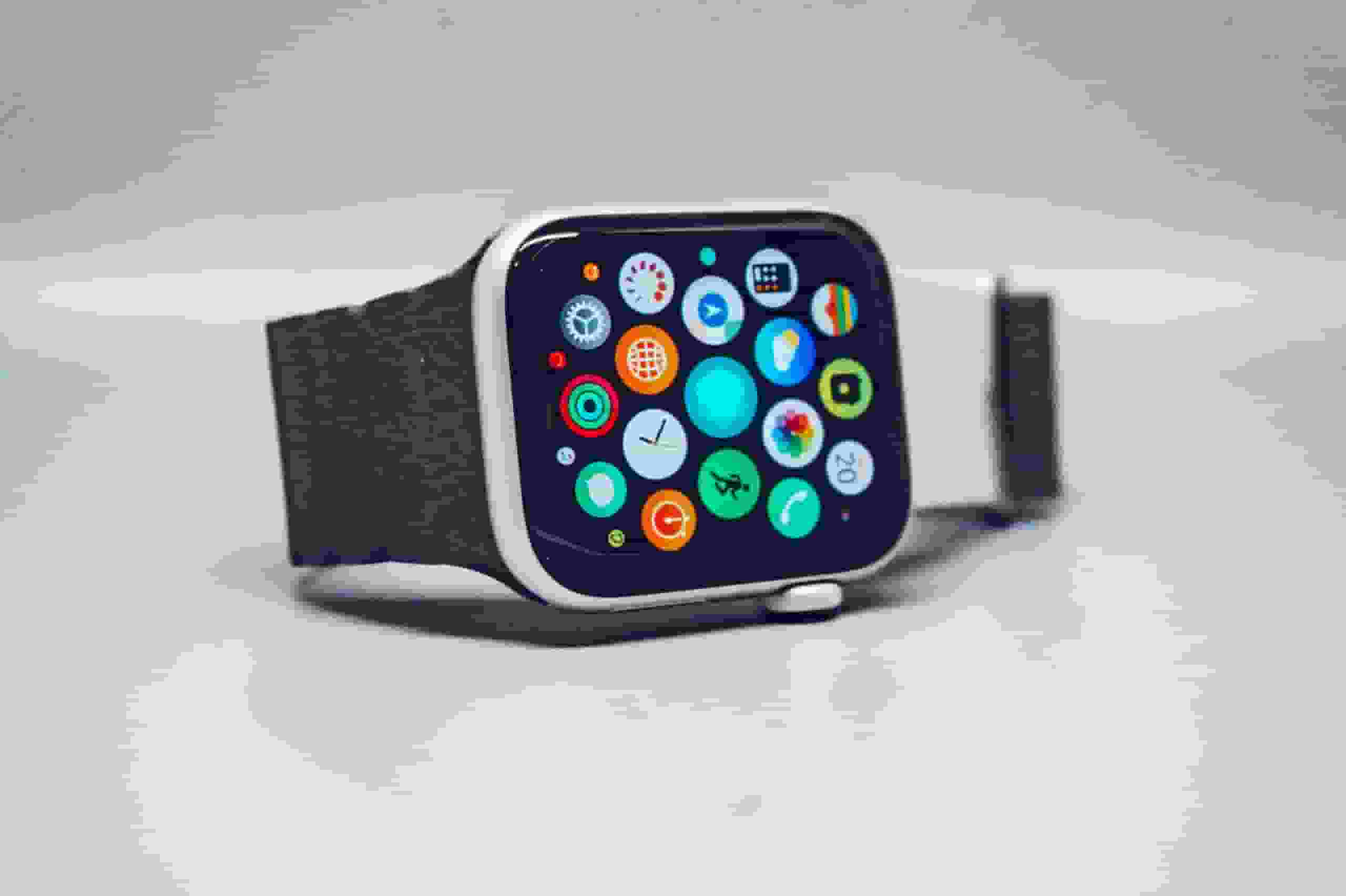
Thursday, the U.S International Trade Commission affirmed that Apple watch with an electrocardiogram (ECG) capability infringes rights belonging to medical device manufacturer AliveCor Inc.
The ITC stated that importation of the infringing watches should be prohibited, but that it would not implement a ban until appeals were resolved in a separate issue before the US Patent and Trademark Office (USPTO), where a panel ruled last month that AliveCor’s patents were invalid.
Apple Watch
The Biden Administration will have sixty days to decide whether or not to veto the import prohibition due to policy issues.
The commission established a $2 bond for each infringing Apple product imported during the presidential review period, which it halted pending appeals of the USPTO’s ruling.
In the past, presidents rarely rejected import prohibitions. After the review period expires, parties may appeal a ban to the U.S. Court of Appeals for the Federal Circuit.
Apple announced in a statement that it disagreed vehemently with the ITC’s ruling, but was delighted that the import restriction had been temporarily halted.
Last year, AliveCor accused Apple of infringing on three patents relating to its KardiaBand, an Apple Watch accessory that monitors a user’s heart rate, identifies anomalies, and runs an electrocardiogram (ECG) to identify cardiac disorders such as atrial fibrillation.
Read more: Tax Credits for EVs: How to qualify for up to $7,500 credit in 2023?
Apple Watch’s Blood Oxygen Reader

Apple cautions on its website that permanent or temporary alterations to the skin, such as tattoos, may influence the blood oxygen reading.
According to Apple’s website, the ink, design, and saturation of certain tattoos can block light from the sensor, making it impossible for the Blood Oxygen app to collect a reading. In this article, however, natural skin tone is not specifically mentioned.
Apple is accused of violating multiple laws, including New York state law and a federal multistate class action law that forbids deceptive commercial practices.
It asserts that Apple committed fraud and unfairly enriched itself by misrepresenting its product’s capabilities, and it seeks a jury trial.
Apple had gotten official notice of the case on Tuesday, according to online court filings that did not mention Apple’s attorneys at the time of publishing.
Read more: Tesla releases wireless charging platform comparable to Apple’s failed version

